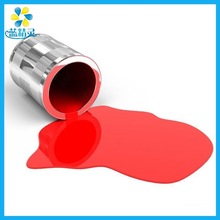
WASHINGTON — For those already felled by fumes from the Brazilian Blowout, it might be small consolation, but lawmakers are pushing ahead with a campaign for better oversight of the beauty business.
Despite its booming growth, the cosmetics industry in the US has been virtually unregulated. The Food, Drug, and Cosmetic Act, adopted in 1938, essentially allowed personal care product companies to self-police.
advertisement
But rising public concern over bad reactions to makeup, hair dyes, and fragrances, as well as evidence of long-term health risks from some of their chemical contents, has led lawmakers to try to toughen the regulatory framework for the $60 billion enhancement industry.

Unlock this article by subscribing to STAT+ and enjoy your first 30 days free!
GET STARTED Log InNext article: As demand for Covid shots wanes, Moderna seeks its next success















